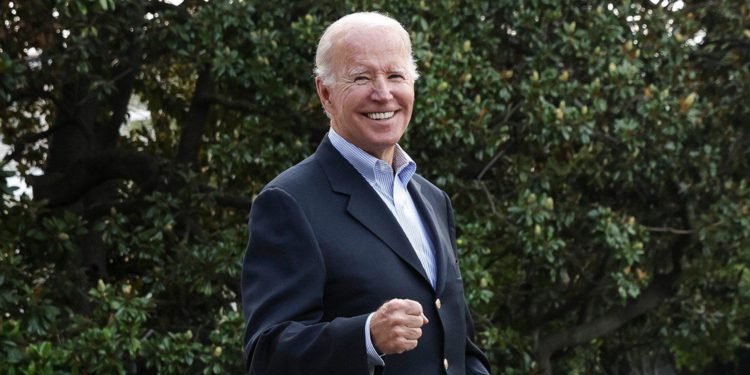The Economist reports that the Democrats are on the verge of passing a giant tax-and-spend bill which will be America’s first significant climate law and a cornerstone of President Joe Biden’s domestic agenda.
The “Inflation Reduction Act” marks a new chapter for America’s climate policy. By weaving together a vast array of tax credits, loan guarantees and grants, it will encourage people to make low-carbon purchases, such as of electric cars, and will encourage businesses to invest in green technologies and renewable energy.
Rhodium, a research group, predicts that the package will cut America’s net greenhouse-gas emissions by 40% from 2005 levels in 2030. Under current policy, the reduction would be 30%. The additional amount would be roughly equivalent to two years’ worth of British emissions. Other researchers largely agree.
Moreover, the bill’s design provides a roadmap for how America intends to decarbonise through the 2020s. The upshot is that it will be working alongside most of the rest of the world in trying to limit global warming—something that would otherwise have been in doubt.
The climate measures are far from perfect. To secure support from Mr Manchin, the bill has partially tied the government’s hands on renewables. It will, for instance, be able to issue new wind and solar rights only after selling oil and gas leases. Market mechanisms such as a carbon price or a cap-and-trade scheme are crucial to the energy transition in many other countries. In America’s current political constellation, they are, alas, non-starters.
By the same token, though, passing any kind of ambitious legislation in that constellation is a triumph. All the more so when it promises to bring real benefits for both America and the world.























